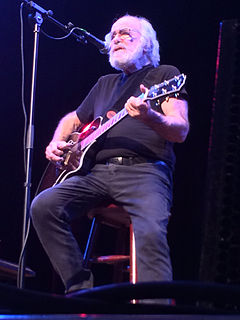A Quote by Susanna Fogel
Micro humor is a joke that's contained in the writing: it's a punch line, it's a turn of phrase, it's something that you can see on the page, and no matter who's saying it, it is, in and of itself, a funny line.
Related Quotes
In general, the straight line of a joke sets up a premise, an expectation. Then the funny ending - the punch line - in a sense contradicts the original assumption by refusing to follow what had seemed a reasonable train of thought. Many jokes involve that simple matter of leaping outside what had appeared to be the rules of the game at the moment.
What reaches an audience is honesty. If you're saying something truthful that's supposed to be a funny line, it's going to be funny. And if it's supposed to be a serious line, it's going to be serious. But, I don't think there's a distinction between how you play drama or comedy, if it's based in the truth.
A thin line separates laughter and pain, comedy and tragedy, humor and hurt. Our lives constantly walk that line. When we slip off on one side or the other, we're taken by surprise. But who said there wouldn't be surprises? Knowing God just means that all the rules will be fair; at the end of our life drama, we'll see that. We never know how things will turn out, but if we know with certainty they will make sense regardless of how they turn out, we're on to something.
There's different kinds of improv. There's Second City improv where you try to slowly build a nice sketch. There's stuff you do in college coffee houses where you just go joke, joke, joke. Bring another funny character with a funny hat on his head. Christopher Guest is more the line of trying to get a story out.





































